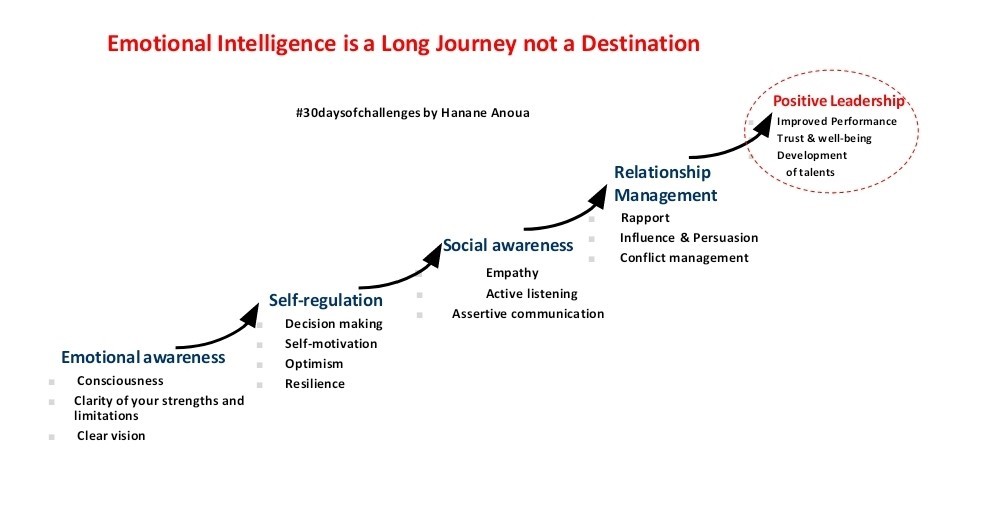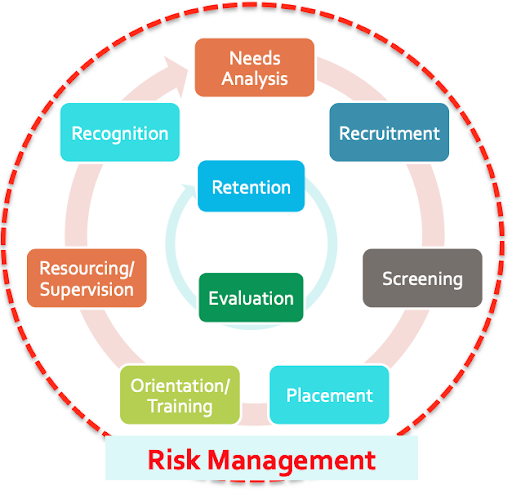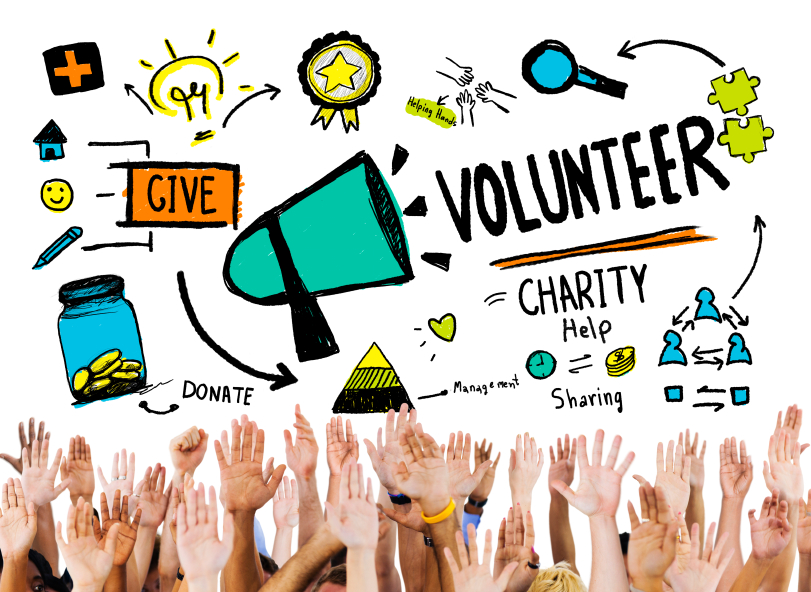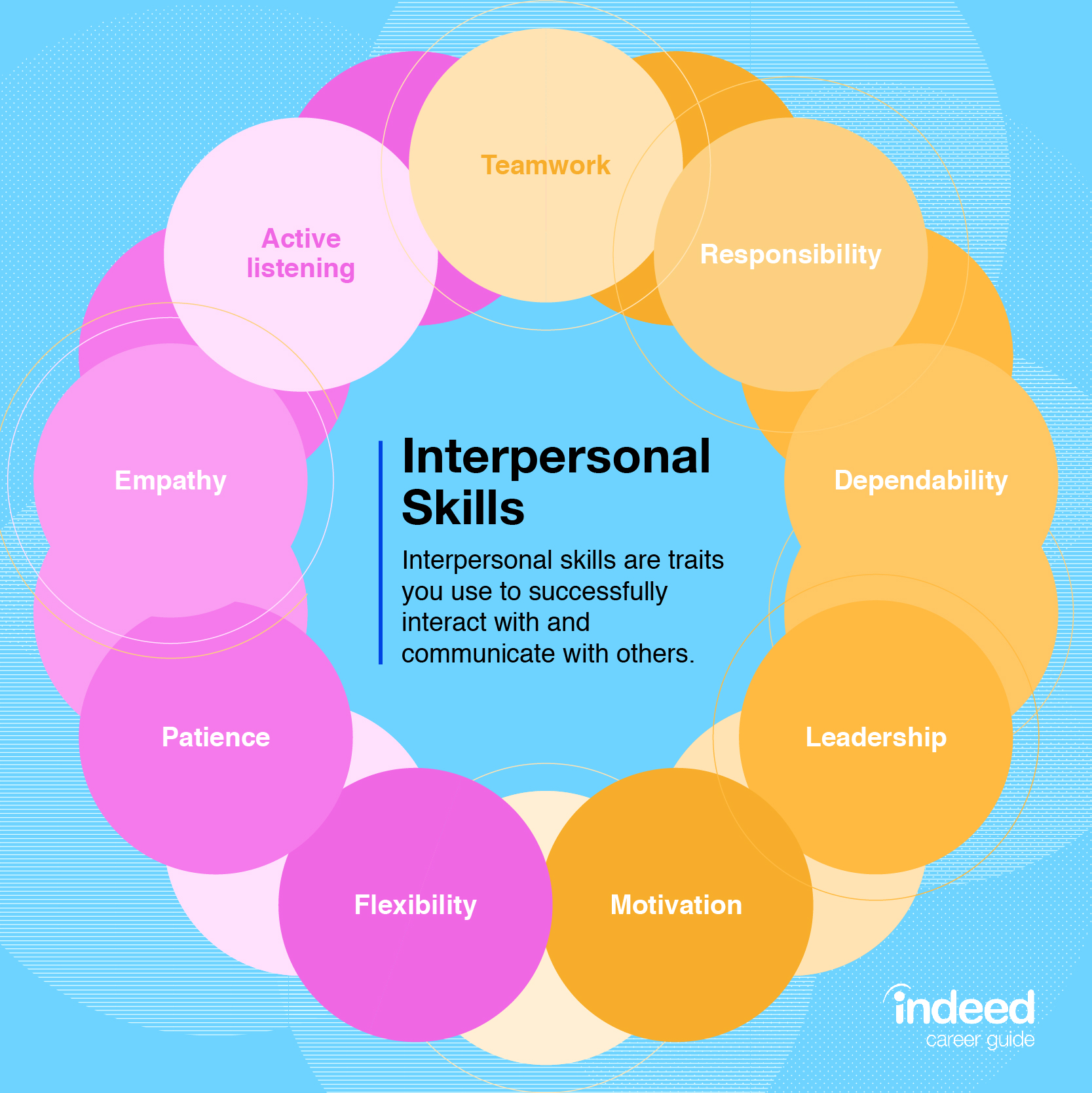Title: Harnessing Emotional Intelligence and Empathy for Self-Improvement
Introduction:
The ability to understand and manage our own emotions, as well as empathize with others, is a crucial skill in both personal and professional lives. Emotional intelligence and empathy are closely related and can be harnessed to improve one’s well-being and relationships with others. In this post, we’ll explore what emotional intelligence and empathy are, and how to develop and apply them in ways that lead to self-improvement.
What is emotional intelligence?
Emotional intelligence is the ability to recognize, understand, and manage one’s own emotions, as well as to perceive and manage the emotions of others. It involves several key skills, including self-awareness, self-regulation, motivation, empathy, and social skills.
Developing emotional intelligence:
Developing emotional intelligence starts with self-awareness. This means paying attention to your thoughts, emotions, and behaviors and identifying patterns and triggers. You can also take online assessments to measure your emotional intelligence and identify areas for improvement.
Once you have identified your emotional strengths and weaknesses, you can begin to work on developing specific skills. For example, if you struggle with self-regulation, you can practice mindfulness meditation or deep breathing exercises to calm your mind and body. If you struggle with empathy, you can practice active listening and perspective-taking to better understand the emotions of others.
Applying emotional intelligence:
Applying emotional intelligence involves using your skills to manage your own emotions and respond to the emotions of others in a positive and productive way. This can enhance your relationships, improve your communication skills, and increase your overall well-being.
For example, if you feel angry or frustrated, you can use self-regulation skills to stay calm and avoid reacting impulsively. If you are in a conflict with someone, you can use empathy to understand their perspective and find a mutually beneficial solution.
What is empathy?
Empathy is the ability to understand and relate to the emotions, thoughts, and experiences of others. It involves both cognitive empathy (understanding someone’s perspective) and emotional empathy (feeling someone’s emotions).
Developing empathy:
Developing empathy starts with actively listening to others and trying to put yourself in their shoes. This means paying attention to their body language and tone of voice, and asking open-ended questions to understand their perspective.
You can also practice empathy by volunteering in your community, reading books or watching movies that feature diverse characters, and exposing yourself to different cultures and ways of life.
Applying empathy:
Applying empathy involves using your understanding of others’ perspectives and emotions to improve your relationships and interactions with them. This can lead to increased trust, collaboration, and mutual understanding.
For example, if a friend is going through a difficult time, you can use your empathy skills to provide emotional support and validate their feelings. If a coworker is struggling with a project, you can use your empathy skills to offer constructive feedback and find ways to collaborate more effectively.
Conclusion:
Emotional intelligence and empathy are key skills that can lead to self-improvement and success in all areas of life. By developing and applying these skills, we can enhance our relationships, increase our well-being, and achieve our goals. Take the time to assess your emotional intelligence and empathy skills, and commit to improving them in practical and meaningful ways.











